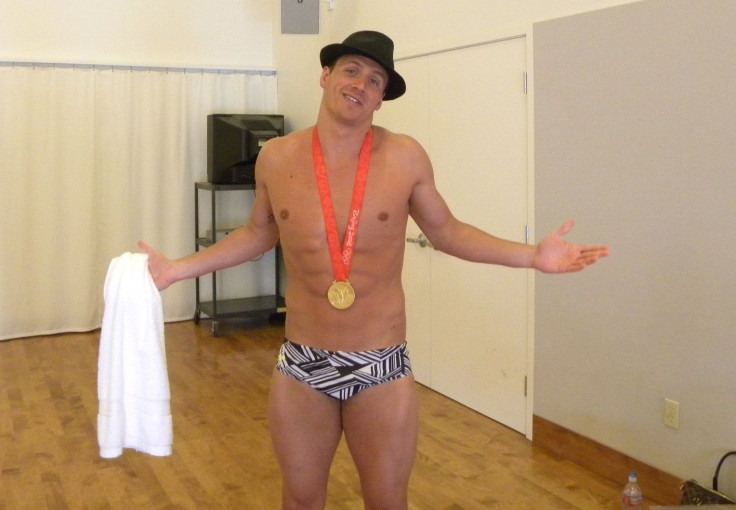‘Dumb Jock’ Stereotype Threat Is Self-Reinforcing, Unless Coaches Expect More of College Athletes

The pervasive "dumb jock" stereotype is self-reinforcing, says a new study— the more college athletes self-identify as athletes, the worse they feel are as students. On the other hand, coaches who emphasize the importance of academics can counter the meme and encourage high grades among student-athletes.
Michigan State University researchers conducted the study on college athletes in order to investigate how they were affected by "stereotype threat," a concept which suggests that prejudices against particular groups are self-fulfilling. Members of the stereotyped group worry about confirming prejudices, and the anxiety undermines performance so they behave as expected.
Stereotype threat has been shown to reinforce a number of dubious prejudices— that men are better navigators than women, that women are bad at science, and that black students are less intelligent. When
The MSU study, published in the latest issue of the Journal of College Student Development, suggests that the stereotype threat is at work in perpetuating the "dumb jock" meme among college athletes.
"It's well-documented in the literature that many student-athletes hear prejudicial remarks from professors who say things like, 'This test is easy enough that even an athlete could pass it,'" said lead researcher Deborah Feltz, professor of kinesiology, in an MSU news release. "They're kind of the last group of students who can be openly discriminated against."
Feltz conducted an online survey of 318 college athletes from 11 American universities, including men and women who competed in a variety of sports in all three major divisions of the National Collegiate Athletic Association (NCAA).
In order to determine what factors most encourage the "dumb jock" stereotype, the researchers included measures related to participants' self-identification as athletes, their beliefs about their own academic potential, and their feelings about being stereotyped as poor students
The results showed that athletes were keenly aware of stereotype threat from the "dumb jock" meme. The more participants self-identified as athletes, the less secure they were in their own academic potential. Players in "high-profile" sports like football and basketball, who often feel more pressure to perform athletically, were more likely to feel like they were poor students.
If they felt their coaches expected them to perform well academically, however, athletes were significantly less likely to feel that they lacked academic potential. The less they thought their coach believed in their potential to get good grades, the higher their self-identification as an athlete was.
"Coaches spend a lot of time with their players, and they can play such an important role to build academic confidence in student-athletes," explained Feltz in the news release.
"They don't have to do much. It may be enough to just remind players they are college students, which is a big deal, you know? A lot of these students are the first in their family to go to college."
The researchers conclude their paper by suggesting a re-evaluation of the "dumb jock" stereotype among campus communities:
"Given that many athletes have been characterized by the academic faculty, across different types of institutions, as academically inferior, professors and advisors should try to make student-athletes feel more comfortable in the classroom and not prejudge their capability and interest in learning.
"Having lower expectations for student-athletes' academic performance and advising them into easier majors may add to the self-perceptions of being less capable."



























